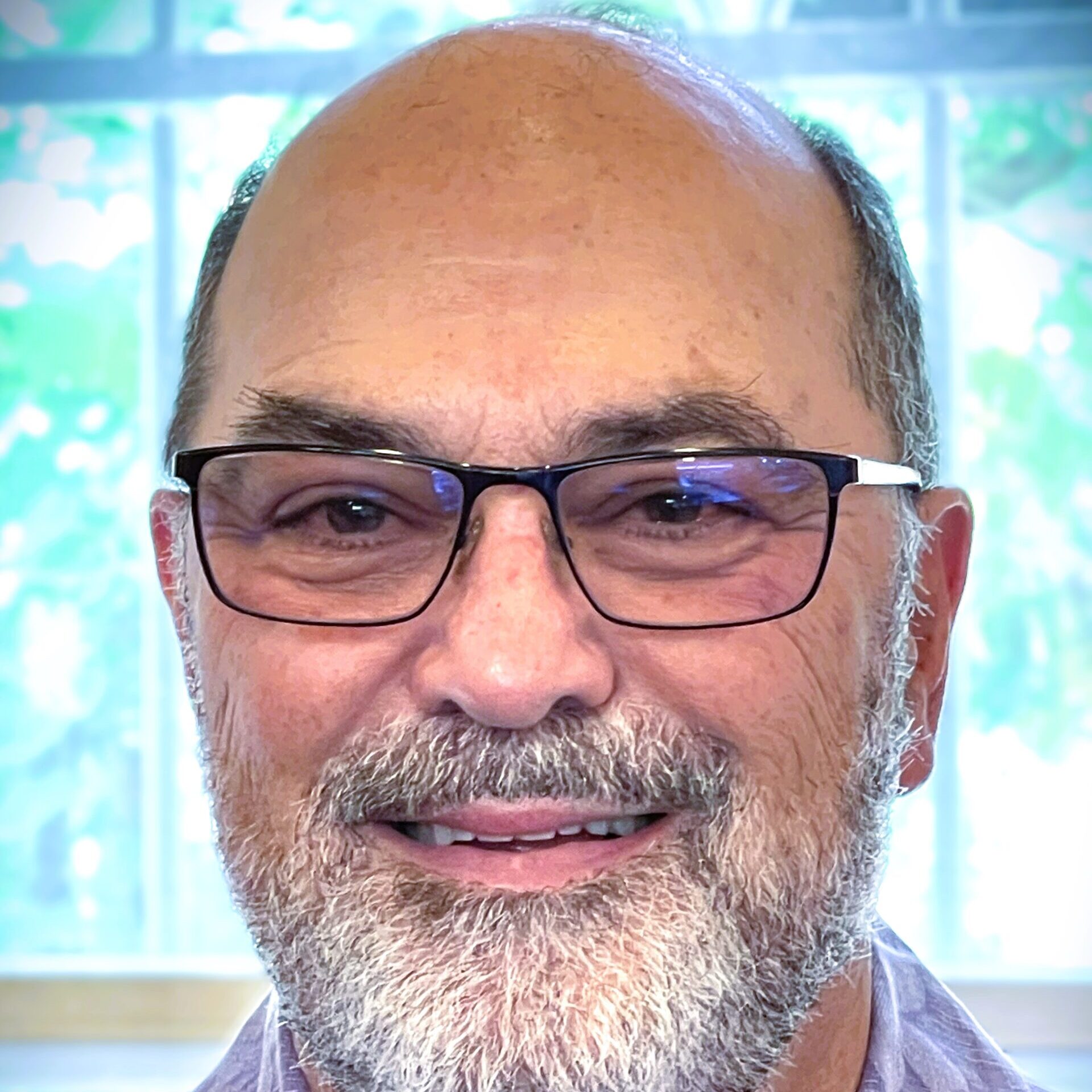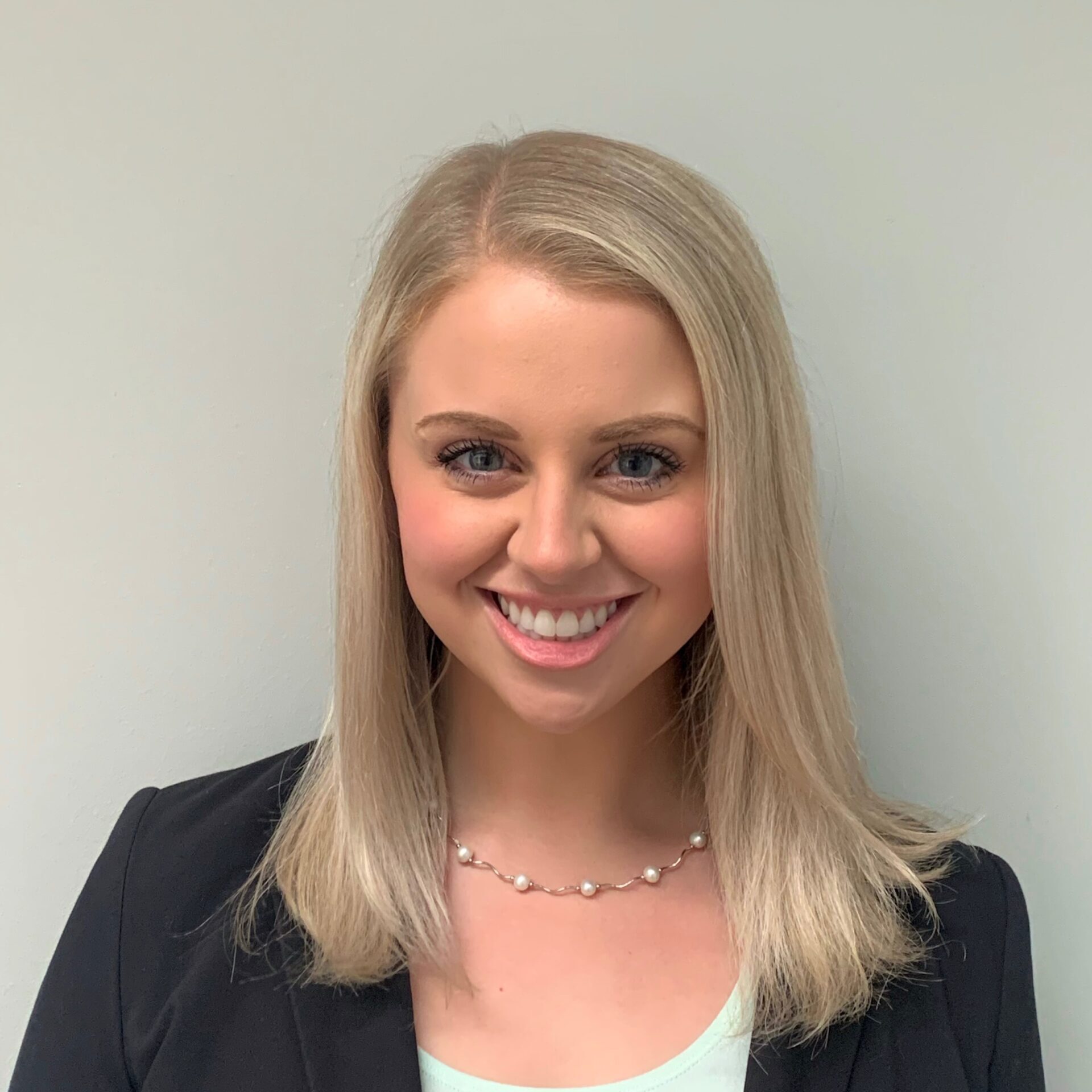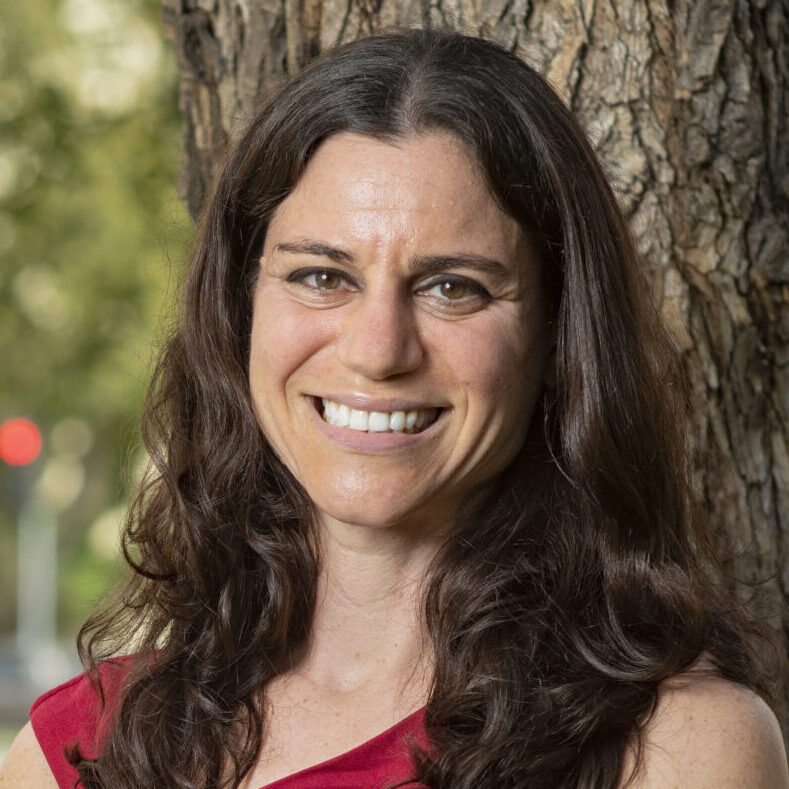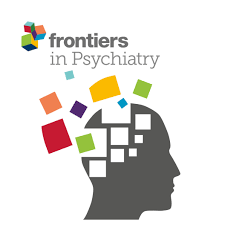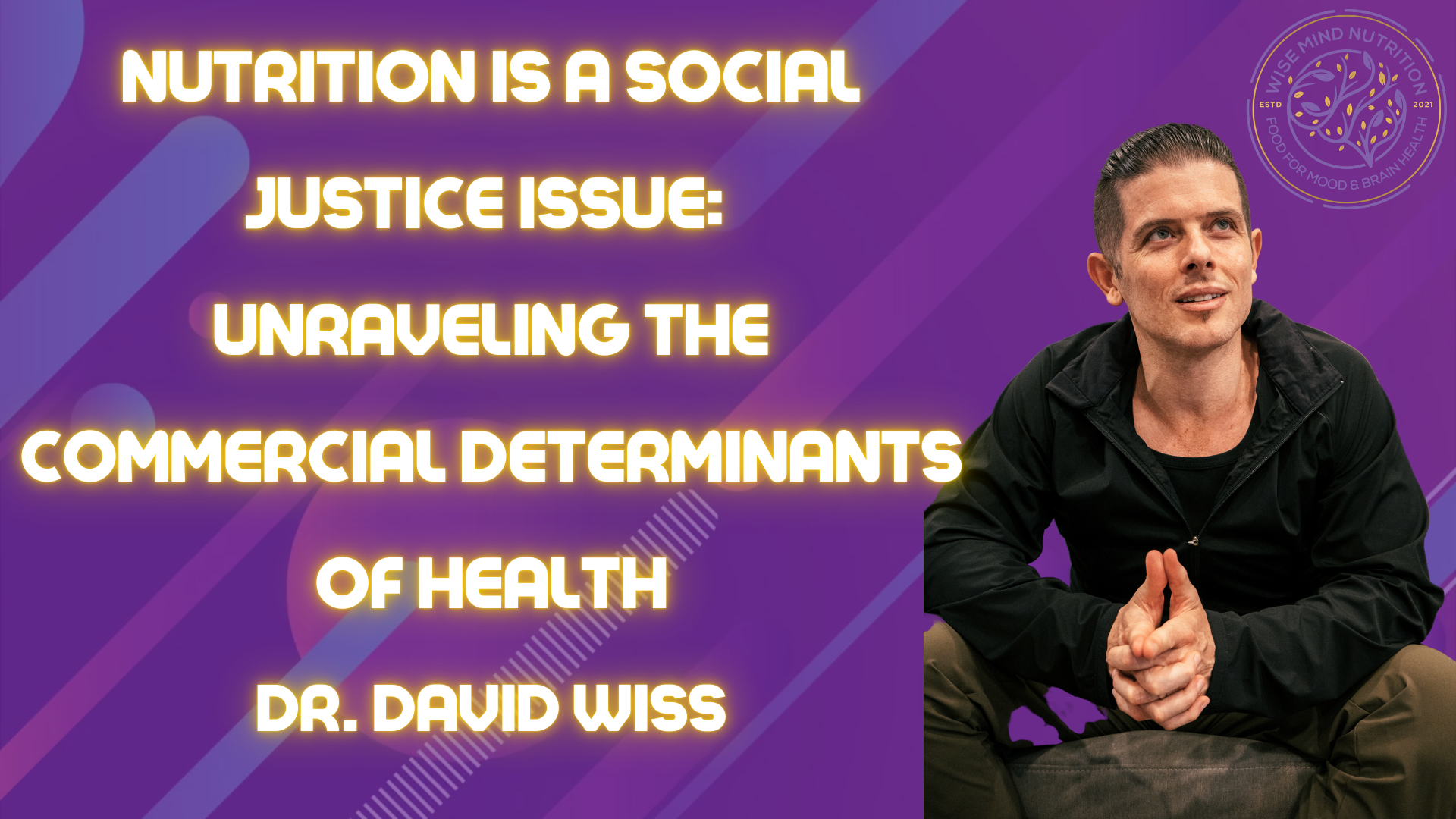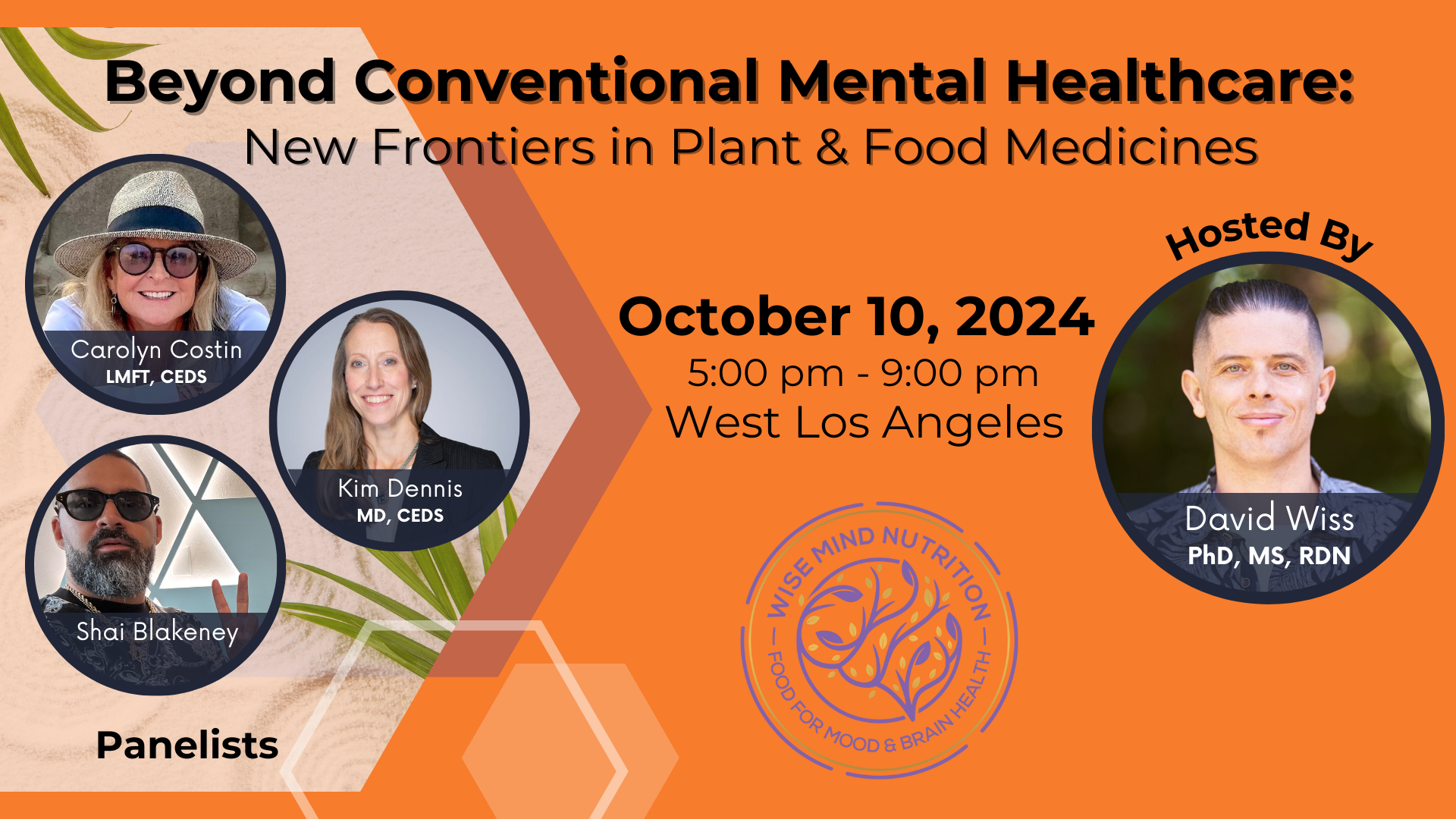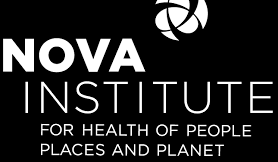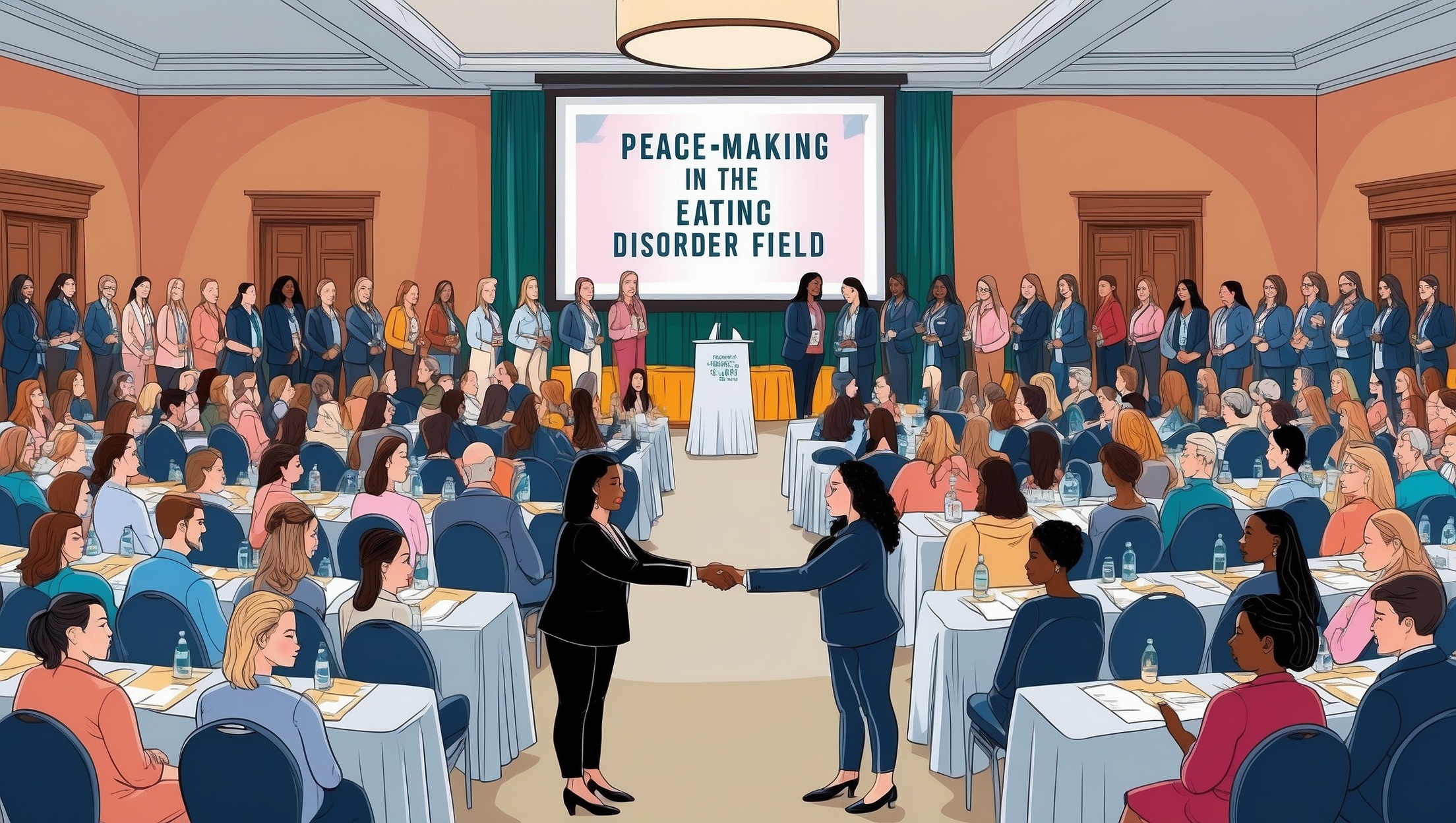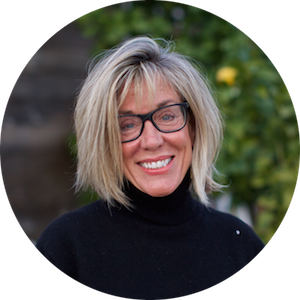About David Wiss PhD
Dr. David Wiss is an independent thinker unafraid to challenge the status quo in the nutrition field. Dr. Wiss pioneered the field of nutrition for addiction recovery and is a world-renowned expert in disordered eating. His mental health research bridges gaps between neurological, psychological, behavioral, and nutritional sciences.
Dr. David has treated over 1,000 patients in the last twelve years using a food-positive functional medicine approach through his practice, Nutrition In Recovery. Dr. Wiss has developed innovative methods for using nutrition to improve mental health without feeling like a “diet.” Dr. Wiss believes gut health is the key to brain health and wants to show you how to heal yourself and help your clients.
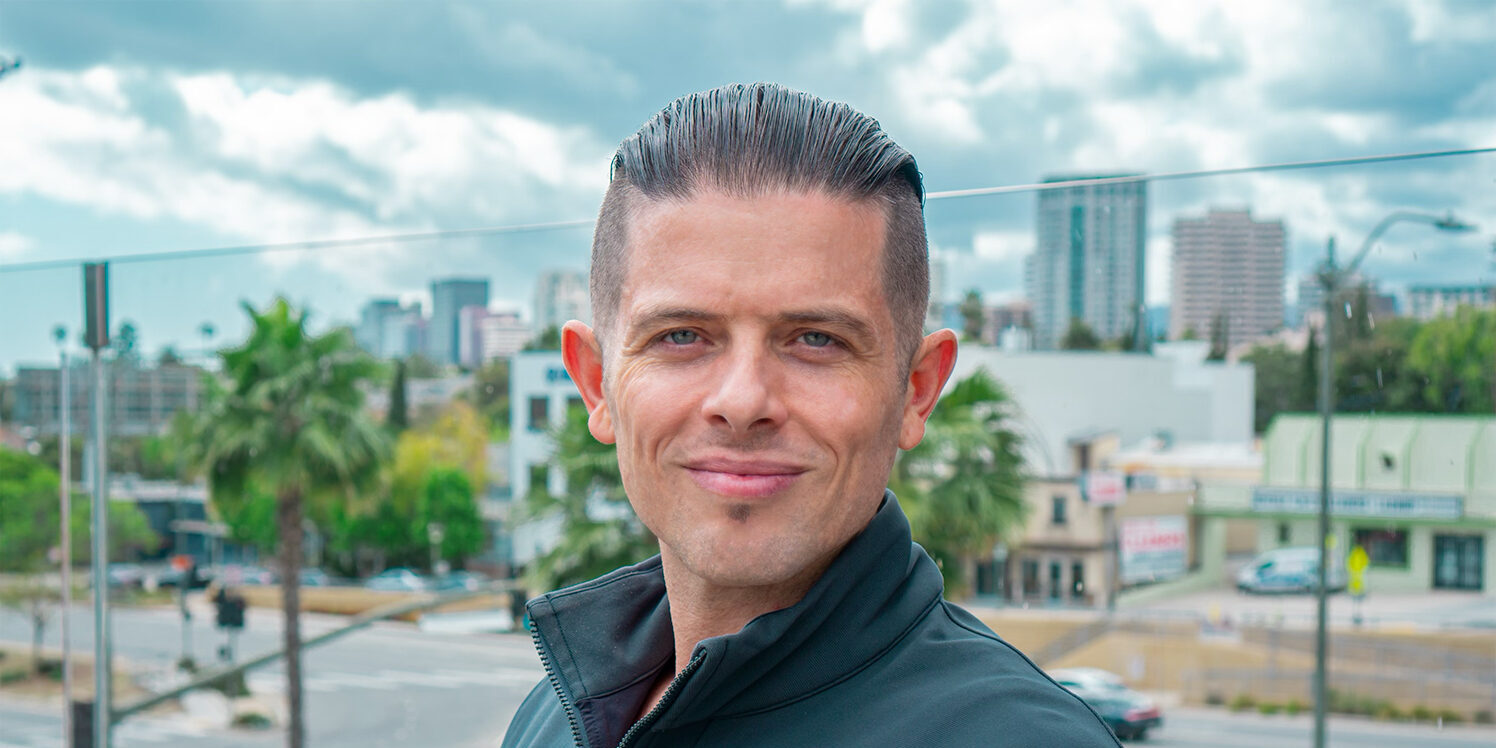
Services
Dr. David Wiss brings his twelve years of experience as a mental health nutritionist to patients, treatment facilities, institutions, academics, and the press.
Treatment
Individual and family counseling, functional medicine, group facilitation
Consulting
Professional supervision, staff training, expert opinion/quote
Speaking
Academic conferences, podcasts, wellness workshops
Collaboration
Joint efforts on research, statistical analysis, manuscript writing
Research
With over 20 peer-reviewed journal publications, Dr. Wiss is dedicated to disseminating his findings and progressive perspectives at the intersection of nutrition and mental health.
Low carbohydrate and psychoeducation programs show promise for food addiction: 12-month follow-up
The current data demonstrate the long-term clinical effectiveness of a low carbohydrate “real food” intervention delivered in…
The association between cumulative adverse childhood experiences and ultra-processed food addiction is moderated by substance use disorder history
In conclusion, our research underscores the importance of a comprehensive approach to understanding how the psychological impact…
Adverse childhood experiences, ultra-processed food intake, and symptoms of post-traumatic stress disorder, ultra-processed food addiction, and eating disorder 
This research provides compelling evidence for the influences of increased UPF consumption and UPFA symptoms on the…
Training
Dr. Wiss is available to provide trainings to your staff or organization on mental health nutrition, addictions, disordered eating, and more.
Podcasts
If you would like to feature Dr. Wiss on your podcast, please send a message and we will gladly discuss a collaboration with you.
Blog
Capturing the larger systemic issues in the field, these blogs point to public health solutions. There exists great opportunity to integrate nutrition into behavioral health.
Nova Institute for Health: Bridging Nutrition, Mental Health, and Social Justice
Expanding the Dialogue in Eating Disorder Treatment: A Call for Integration
From The Socials
🔬 A New Era in Nutrition Science 🍎
The FDA and NIH are working to revolutionize how we understand food and health.
We’re diving deep into critical questions that could transform public health:
* How do ultra-processed foods impact our bodies?
* What hidden effects do food additives have?
* How do early diet exposures shape our long-term health?
This isn’t just research - it’s a mission to:
✓ Tackle chronic disease
✓ Create radical food transparency
✓ Protect future generations
Inspired by the @seckennedy vision to “Make America Healthy Again”, this groundbreaking initiative brings together top experts from multiple disciplines.
The best part? This research is committed to being:
🔹 Independent
🔹 Rigorous
🔹 Free from corporate influence
Science that truly serves the people, not the corporations…
#maha

New York Times Feature 🍽️
Just dropped: Insights from the @nytimes on how GLP-1 medications are transforming dining culture 🤔
As someone passionate about understanding the nuanced relationship between nutrition, medication, and social experiences, I’m excited to share these key takeaways.
It’s great to see the concept of Nutritional Psychology picking up traction.
Swipe to explore how weight loss drugs reshape restaurant interactions, social dining, and our understanding of eating.
Pro tip: Every nutrition journey is unique. Compassion and understanding are key.
Please share your opinion👇
#nutritionalpsychology

Kitchen science alert! 🧑🔬
Ever wonder if chopping, blending, or grinding your food could actually change its nutritional superpowers? Turns out, how you prep your meals is just as important as what you’re eating.
Breaking down a few ways to unlock more nutrients, boost your energy, and make your food work harder for you—no diet culture, just pure food wisdom 🫶🏼
Swipe through for some game-changing kitchen tips that’ll have you look at your cutting board in a new light.
#nutrition #nutritiontips

Our sweet little blued eyed angel baby is one year old today 🥰
Baby Naia aka Baby Naita aka Naia Papaya you are everything. The happiest and sweetest little presence I have ever felt 👼🏻
It is also a special birthday celebration for @miracleworkher because we had quite a ride getting this angel to this earthly plane. My wifey shows up everyday as a mommy with so much grace. She is the Big Angel. I’m surrounded by angels!! ❤️
I am in awe of God’s love and humbled by fatherhood.
Thank you
Thank you
Thank you

Many people were taught that food can be understood by numbers such as calories.
But calorie counting isn’t as scientific—or harmless—as it seems.
In my recent webinar, I explored when calorie counting is helpful and/or harmful and how it might keep you stuck in misguided patterns.
Whether you’re a clinician or someone healing your relationship with food, this talk will help you see things differently.
🎥 Drop “webinar” in the comments for a link to the full recording
#nutritiontips

My wife and I have found that stepping away from constant stimulation can be powerful for our mental health🌱📴
These quiet moments are when we do some of our best inner work. We reflect. We reconnect. And we remember what brings us joy ❤️
This post summarizes an article by Sunny Gold, which breaks down the concept of a dopamine detox—what it is, what it’s not, and how taking intentional breaks from overstimulation can support focus, mood, and emotional regulation 🧠💬
I always appreciate the opportunity to be interviewed 🫶🏼
If you’re navigating anxiety, stress, or want to feel more present, this might be worth exploring.
Drop “Dopamine” in the comments and I’ll send you the link to the full article👇
#dopamine #dopaminedetox

🌍 Microplastics: The Invisible Threat in Your Water🚰
Ever wondered what’s really in your water? A groundbreaking study reveals a shocking truth about bottled vs. tap water consumption. Swipe to learn how a simple switch can dramatically reduce your microplastic intake and protect your health.
I’ve been talking about this lately because it’s a change that I know you can make.
You’re worth it.
#microplastics

🧠 THE NEUROSCIENCE OF EATING PLEASURE 🍽️
New research from UC Berkeley has uncovered a fascinating connection between our brain chemistry and how we experience pleasure from food!
Scientists have discovered that a brain chemical called neurotensin plays a crucial role in our ability to enjoy eating. When neurotensin levels drop, the brain’s dopamine pleasure network gets disrupted, reducing the joy we get from meals.
The most interesting finding? For many people, long-term dietary patterns can actually reduce these pleasure signals in the brain. This means some individuals might continue eating out of habit or boredom rather than genuine enjoyment.
“Bringing back neurotensin seems to be very critical for preventing the loss of desire to consume high-calorie foods,” explains UC Berkeley professor Stephan Lammel. When researchers restored neurotensin levels, it normalized eating behavior and improved overall wellbeing.
This groundbreaking study, published in Nature, helps us understand that healthy eating isn’t just about what we eat, but about maintaining our brain’s natural ability to experience pleasure from food.
What’s your relationship with food pleasure? Have you noticed changes in how much you enjoy certain foods over time? Share your thoughts below! 👇
#dopamine #neuroscience #nutrition


